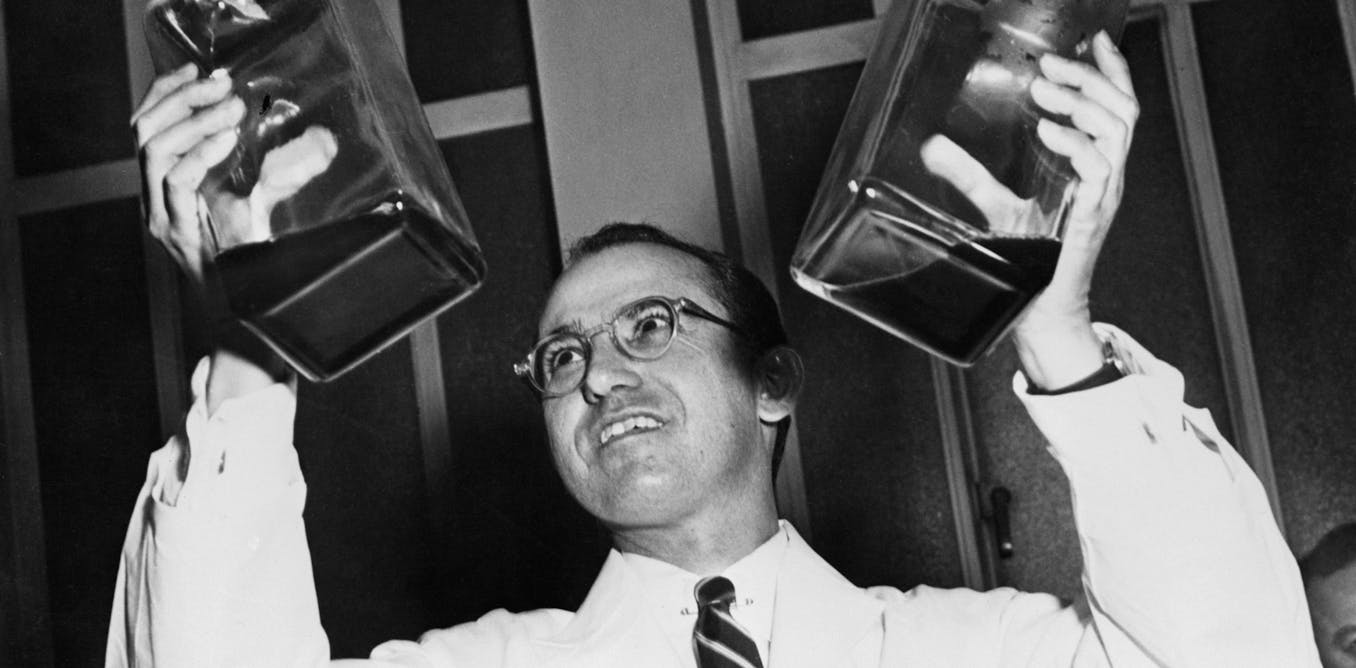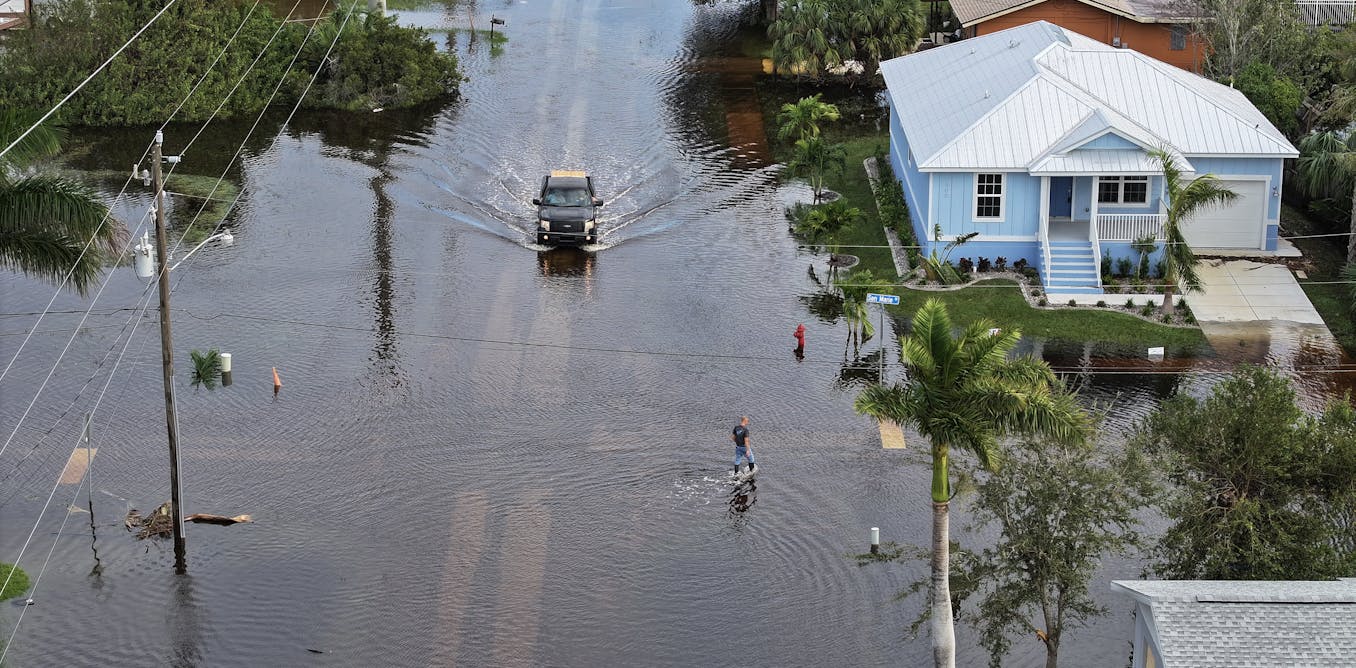Why Miners Risk Their Lives In One of the World’s Saltiest Lakes
Nestled in Senegal, Lake Retba, or Lac Rose, is not only remarkable for its striking pink hues but also for its rich salt deposits that have become integral to the local economy. The lake’s hypersaline environment presents a challenging yet lucrative opportunity for mining salt, leading many locals to brave the risks associated with this demanding profession.
Salt mining at Lake Retba unfolds in a challenging dance with nature. The video illustrates the meticulous process whereby miners excavate salt from the lake, often wading through briny waters that can reach salinity levels up to eight times that of the ocean. This extremely salty environment is largely responsible for the lake’s iconic pink coloration, a product of halophilic algae flourishing in such conditions, which serves not only as an aesthetic feature but also contributes to the lake’s ecological balance.
The process of collecting and piling salt is labor-intensive. Miners fill large basins—each weighing around 55 pounds—with the mineral, often exposing themselves to harsh sunlight. This strenuous task takes a physical toll on the miners, who spend long hours working tirelessly under extreme conditions. The video delves into the physical challenges faced, such as dehydration and exhaustion, making the profession not only perilous but also a testament to human resilience.
Historically, Senegal’s salt industry has played a vital role in the country’s economic landscape. The video traces back the roots of this industry, highlighting how it has evolved over the years and the growing significance of Lake Retba to local livelihoods. The presence of colorful salt wells in the area adds to the lake’s charm, creating a vivid image of both labor and beauty intertwined.
The narrative also introduces the ‘Salt Queen’ of Fatick, a key figure who has emerged from the community, symbolizing the strength and determination of women in this arduous industry. As the video explores the social dynamics within salt mining, it addresses broader issues such as the importance of iodine fortification in salt, which is a critical health consideration for West African populations.
An unsettling aspect of the documentary sheds light on external challenges affecting the lake, particularly flooding and urbanization. These changes threaten the ecological balance of Lake Retba, posing concerns for the miners and their livelihoods. As the lake undergoes transformations, the risks extend beyond physical labor; they encapsulate the broader narrative of environmental sustainability and economic dependence.
Ultimately, the video paints a vivid picture of the tough choices faced by those who depend on Lake Retba for their survival. Mining salt in one of the world’s saltiest lakes is emblematic of a way of life, rooted deep within the Senegalese culture. As these miners continue to navigate the dangerous waters of Lake Retba, their stories resonate as powerful reminders of human determination against the odds.
Watch the video by Business Insider
Video “Why Miners Risk Their Lives In One of The World's Saltiest Lakes | Risky Business | Business Insider” was uploaded on 11/08/2025 to Youtube Channel Business Insider







































Salt 👍
risking your life so people can eat something toxic lol, humans are so brainwashed
Last time I heard of Ousmane Dembele he was awarded Ballon D'or.
Dembele side job
ousmane dembele right after winning ballon door
Only in Africa youll win a reward then your forced to go back to your side job
Ousmane Ballon d’or 🎶
Did I really hear Ousmane Dembele ???!!
That's not duct tape, it looks like electrical tape. Either way, terrible for wounds.
So sad seeing so much labor just for $2 a day…poor woman
Ousmane Dembe what?????
The saddest detail is that these strong and honourable people speak French instead of their own native language.
lets see what happens desalination of ocean water intensifies
Levaraging purchasing power parity to justify what equates to slavery on part of the global economic hegemony will be remembered by historians as our most heinous crime. 5 dollars for a day of back breaking labour in toxic water. The system's cruelty is immerurable and we are its beneficiaries.